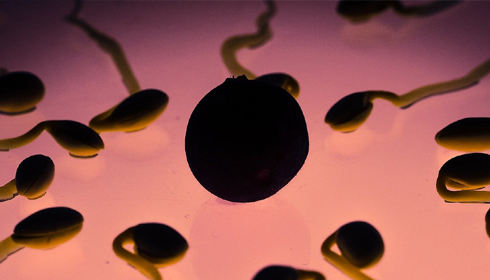
New Hope for Male Infertility: PKU Researchers Uncover Key Mechanism in Klinefelter Syndrome
A groundbreaking study by researchers at Peking University Third Hospital has offered a glimmer of hope to men grappling with infertility caused by Klinefelter syndrome. This condition, which affects one in every 600 men, is characterized by the presence of an extra X chromosome and is a leading genetic cause of male infertility. The study, titled “How the extra X chromosome impairs the development of male fetal germ cells,” was recently published in Nature Cells.
Led by Professor Qiao Jie, the research provides new insights into the molecular underpinnings of Klinefelter syndrome and proposes potential treatment strategies for affected individuals. Klinefelter syndrome is caused by an atypical chromosomal configuration, “47, XXY,” instead of the usual “46, XY.”
This genetic anomaly disrupts the development of fetal germ cells (FGCs), which are essential for sperm production. Most men with Klinefelter syndrome lose a significant portion of these cells before reaching puberty, resulting in either very low or absent sperm counts.
While advanced reproductive technologies have allowed some men with the syndrome to father children, nearly half face insurmountable challenges in finding viable sperm. For years, the mechanisms behind this infertility remained elusive—until now.
Professor Qiao Jie’s team focused on fetal germ cells, which develop early in life but are often lost prematurely in men with Klinefelter syndrome. Their research revealed that the extra X chromosome in these cells causes a critical disruption: both X chromosomes remain active, leading to an overexpression of certain genes.
This gene overload disrupts key biological pathways necessary for cell maturation and proper function. As a result, the FGCs fail to mature and cannot migrate to their intended location within the testes—a crucial step for the development of mature, sperm-producing cells.
The combined effects of abnormal gene activity and improper cell migration lead to the early loss of these cells. In a significant breakthrough, the team discovered that inhibiting the TGF-β signaling pathway could help FGCs mature normally, even in the presence of the extra X chromosome. This finding opens the door to potential therapeutic interventions that could restore fertility in men with Klinefelter syndrome.
“This study provides a detailed explanation of why germ cells fail in Klinefelter syndrome and highlights a possible way to correct it,” the researchers stated, emphasizing the transformative potential of their work. For men affected by Klinefelter syndrome, this research represents a ray of hope.
By uncovering the root causes of infertility and identifying potential treatments, Professor Qiao Jie’s team has taken a vital step toward addressing a deeply personal and often devastating challenge. Their work also underscores the pivotal role of Peking University Third Hospital in advancing reproductive health science.